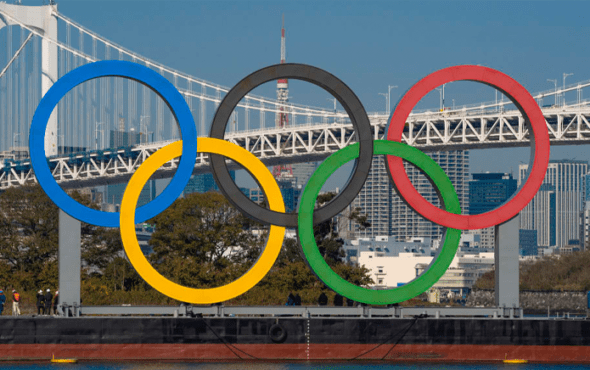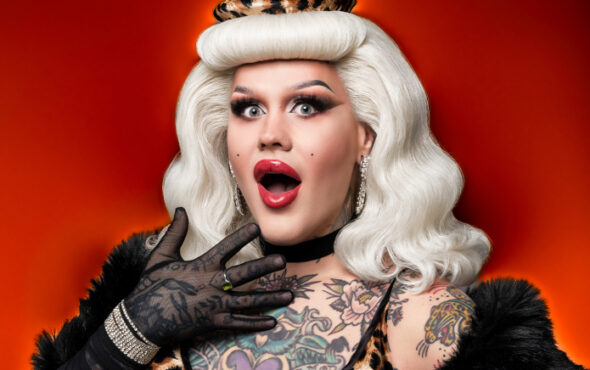
When the world’s fastest women race for gold over 800m in Tokyo, all three medallists from the 2016 Olympics will be absent – barred as intersex athletes who refuse to alter their natural hormones to meet the rules of sport.
The ban is one of many controversies dogging a sporting spectacle that opens on Friday – a year late – amid a global pandemic, a slew of scandals and deep disquiet over potential risk to life of staging a mega event between 206 nations.
For some of the women who have trained relentlessly for the chance at middle-distance glory, the intersex dispute is a mere distraction. For those sidelined – a disaster.
“It broke my heart when I was told I couldn’t run in my favourite 400m event because I had higher testosterone,” Aminatou Seyni said in an email sent by her athletic federation in Niger.
“I didn’t want to take any medical steps… My hormones are natural,” said the 24-year-old, who will run in the 200m where high testosterone is no barrier.
Seyni ranks 44th in the world for the 200m, some 40 places behind her timings over the longer race she can no longer run.
Intersex people are born with atypical chromosomes or sex characteristics. Women like double Olympic 800m champion Caster Semenya have some male sex characteristics, including internal testes that produce average male levels of testosterone.
World Athletics, the sport’s governing body, says this lends an unfair advantage over middle distance and, in 2019, mandated lower testosterone to “ensure fair competition for all women”.
But many women such as Semenya and fellow 2016 medallists, Burundi’s Francine Niyonsaba and Kenyan Margaret Wambui, refuse to use drugs or surgery to alter the makeup of their bodies.
Semenya is challenging the rules – the bar covers races from 400m to a mile – but the ruling won’t come in time for Tokyo.
Namibian medal contenders Christine Mboma and Beatrice Masilingi were also pulled from the 400m due to their high testosterone and must race over 200m instead.
Reporting by Rachel Savage
GAY TIMES and Openly/Thomson Reuters Foundation are working together to deliver leading LGBTQ+ news to a global audience.


